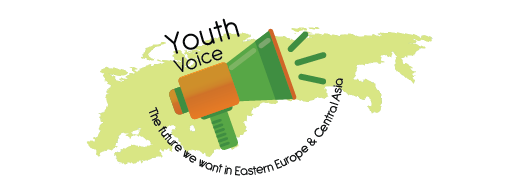Can theater serve as a tool for advocacy?
Yes, it can. The history of applied theater has shown many cases where social activists for sexual and reproductive rights have used theater as a weapon for liberation and as a tool for raising awareness in the oppressed communities.
We see a lot of examples in feminist’s movements in the XX century, in performances like Vagina Monologues or Interior Scroll. These performances served the community to raise awareness to the issues of sexism and women’s rights, however, theater can also be used to raise awareness to such issues as: gender rights, gender identity, abortion, stigma and discrimination, HIV, and human rights.
Boal, the Brazilian pedagogue and creator of theater of the oppressed (el Teatro de oprimido), claimed that the theater is the most powerful “weapon for liberation”. Nothing like this tool makes us see the internal side of the issues of the oppressed groups of population. The theater makes us more sympathetic and helps us to understand the struggles of others.
What are the ways of using theater?
One may use theater for many purposes. First of all, as a method of education. Learning the basic information related to the prevention of HIV or discovering ways of transmissions of STI’s, can be much easier with such a creative tool as a theater. Second of all, it can be used to raise awareness of the particular issue. For example, stigma and discrimination towards LGBTQI community is one of the most relevant problems in today’s world. Theater performance may serve as an inside observation of the violence and call for sympathy and support. Thirdly, the theater may have a therapeutic effect for those who passed through violence and oppression. It emancipates the actors and gives them the chance to share the personal story with others.
How can you use it in your community?
Identify what in your opinion is the most relevant issue in your community, create the theater performance (you may use toolkits from our web page – http://www.social-theater.org/) and share it with others.
Russia
“Let the voices be heard” I believe that every single voice matters and can bring change.
There are so many ways in which our voices can be shared: social networks and blogs to reach the global audiences; or social theater and protests to reach people on the local levels.




Get Social